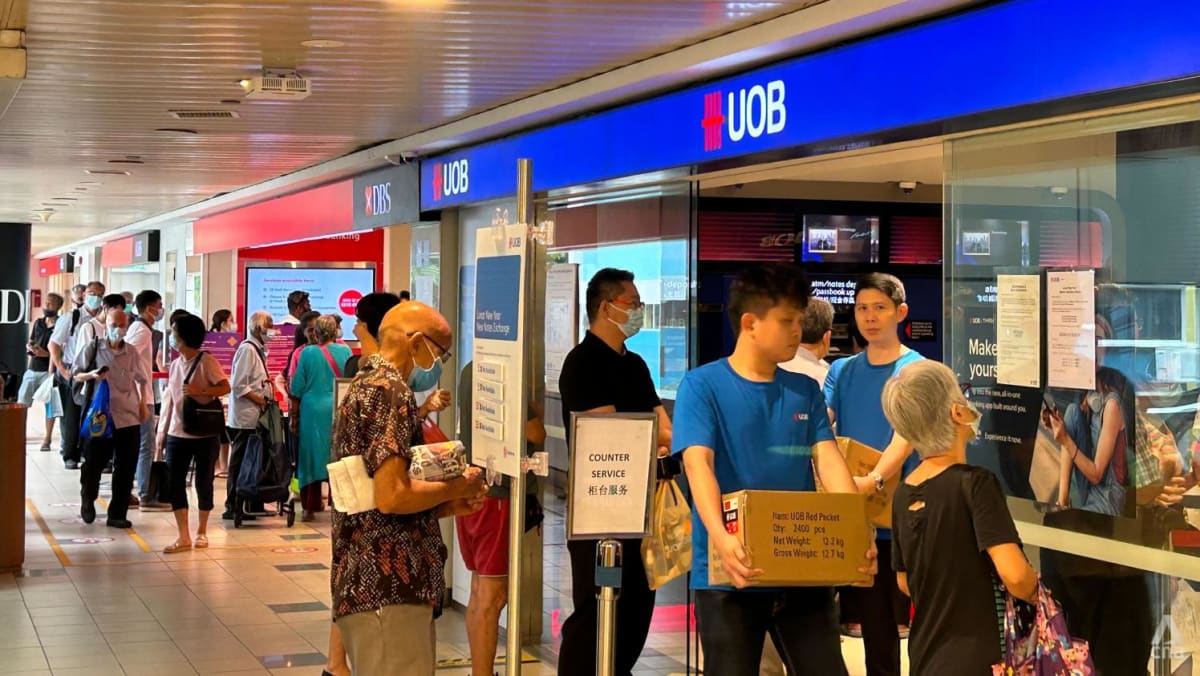The gastroenterologist added that prostaglandins, fatty acids produced when the body has tissue damage or an infection, can also cause period cramps. In the menstrual cycle, these fatty acids are responsible for uterine contractions, releasing the uterine lining and producing a period.
”These prostaglandins are secreted in the intestinal cells and for some women with higher levels [of prostaglandins], it results in an inflammatory-like state, leading to colicky pain, a bloated sensation and even diarrhoea, “ said Dr Rao.
Derrick Ong, founder and principal dietitian of Eat Right Nutrition Consultancy, said: “Oestrogen levels impact gut motility [where the process of food, liquids and waste is being moved through the gut] and sensitivity, while progesterone can affect bowel functions, leading to constipation.”
PUBERTY, AGE AND BEING FEMALE
One study by the University of California San Diego School of Medicine, found that the human gut microbiome matures earlier in younger women, showing a more diverse microbiome, than that of younger men. However, the microbiome diversity plateaus from age 40 for both sexes.
For women, this means that gut issues may reduce with age. According to Ong, life stages like perimenopause and menopause lead to a decline in progesterone and prostaglandins, reducing bowel-motion issues and abdominal pains. Lower oestrogen levels also lower gut sensitivity.
WOMEN AND IRRITABLE BOWEL SYNDROME
IBS is one of the most common gut issues. “The cause of IBS is complex, multi-factorial and not fully understood yet. It can be influenced by many factors such as race, geographical location, access to healthcare, culture as well as differences in help-seeking behaviour,” said Dr Rao.














